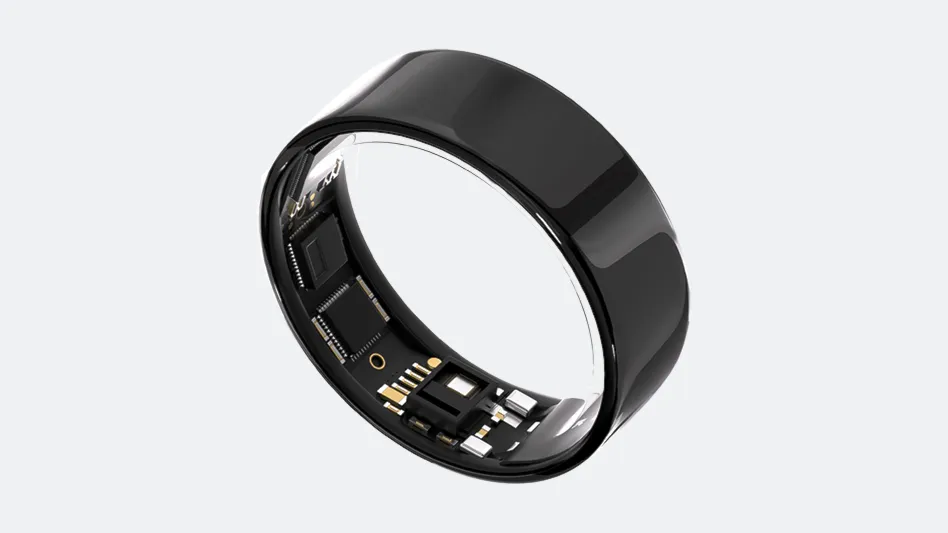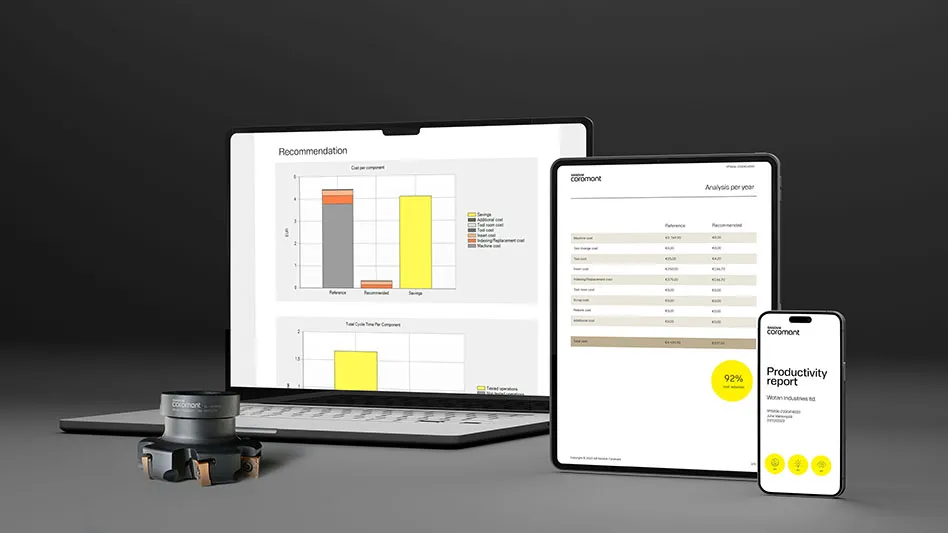Freescale Semiconductor is expanding its offerings for the health and wellness markets with two comprehensive solutions that help OEMs quickly develop ultra-low-power, portable and wireless medical products. The activity monitor reference design allows recorded data to be interpreted and summarized for improved health and fitness performance, enabling consumers to better manage their fitness activities. The MED-SPO2 application development tool based on the Tower System is intended for pulse oximetry development and implementation.
The activity monitor reference design is an integrated system composed of several modules. It is hardware-ready to support the ZigBee(R) software stack and a complimentary Freescale USB stack that supports the personal healthcare device class (PHDC) and complies with industry standards. The reference design is a non-invasive acquisition system incorporating a pedometer, electrocardiograph, food intake table, data storage, ZigBee transceiver, timer and a chronometer. Biometric data can be saved and stored in the integrated Micro SD card reader, and a touch-sensing interface allows the user to control the device through a capacitive touch sensing film. All documentation, hardware and software design files are provided to facilitate rapid prototyping.
The MED-SPO2 development tool is based on Freescale's popular Tower System modular development platform. It includes complimentary software stacks and hardware design files to allow faster software and hardware development for pulse oximetry applications. The tool also allows the medical device designer to evaluate the integrated measurement engine capabilities of the compatible Freescale microcontroller (MCU) families. The board can connect to a pulse oximeter sensor (not included) and send the data it collects to a Freescale MCU with an integrated measurement engine, such as the Kinetis 32-bit K50, 32-bit MCF51MM or 8-bit 9S08MM devices. The compatible Freescale MCUs perform the required signal conditioning using integrated transimpedance and operational amplifiers.
The MED-SPO2 expansion board can connect to Freescale's TWR-K53N512, TWR-S08MM128 and TWR-MCF51MM Tower System platforms. This flexibility allows the medical device designer to use Freescale 8- and 32-bit solutions and expand functionality using numerous Tower System peripheral modules like graphic and segment LCD, USB and Ethernet connectivity.
"Freescale continues to bring value to the healthcare market by providing reference designs and development systems that help simplify application development," said Bruno Baylac, director of Metering, Medical and Connectivity Solutions for Freescale. "Our latest offerings join a growing list of healthcare enablement products that enable OEMs to quickly and affordably serve the growing market of portable medical devices with wireless connectivity."
About the activity monitor reference design
Freescale's activity monitor reference design incorporates a Flexis MCF51MM MCU built on the ColdFire V1 core and integrates analog peripherals. The single-chip solution helps reduce costs and power consumption and is ideal for medical applications that require precision, such as heart rate monitors (ECG), pedometers, chronometers and timers.
Reference design features include:
Design based on Tower System development tools such as MED-EKG, TWR-SENSOR-PAK and TWR-MCF51M, which are modular expansion boards intended to speed development for activity monitor applications
- MMA7660FC three-axis accelerometer, allowing high-precision pedometer functionality to be integrated into the monitor
- Rechargeable battery design using MC34673 Li-ion or Li-polymer battery charger, providing hours of portable use
- Hardware-ready to expand to support wireless communication by using the MC13202 to implement a ZigBee wireless interface
- Hardware-ready to expand to support the USB personal healthcare device class and IEEE 11073-10441 standard for cardiovascular fitness and activity monitor applications, as well as the ZigBee communication stack
- Design package hardware deliverables include schematics, gerbers and complete bill of materials
- Software deliverables include complete project for CodeWarrior Development studio and touch sensing software
- Hardware-ready to support Continua(R) Health Alliance design guidelines for activity monitors
Availability
The activity monitor reference design documentation, software and hardware design package are available now at www.freescale.com/medical . Freescale plans to offer the MED-SPO2 Tower System module for $59 (USD) and expects to begin taking orders for it in early Q4 2011.
About the Freescale Tower System
The Freescale Tower System is a modular development platform that helps developers quickly prototype and evaluate their applications. Designers can choose from a growing ecosystem of controller and peripheral modules. Simply select the development boards (modules) with the needed features and functionality, and combine them to build a Tower System. In addition, standardized, open-source hardware allows Freescale customers and partners to design additional modules for added functionality and customization.
About Freescale Semiconductor
Freescale Semiconductor is a global leader in the design and manufacture of embedded semiconductors for the automotive, consumer, industrial and networking markets. The company is based in Austin, Texas, and has design, research and development, manufacturing and sales operations around the world. http://www.freescale.com/
Latest from Today's Medical Developments
- UCIMU: Q1 2024, a downturn in the orders of machine tools
- #43 Manufacturing Matters - 2024 Spring Aerospace Industry Outlook with Richard Aboulafia
- Tsugami America’s Technical Center in Minnesota
- RobOps Copilot for AI-powered robot optimization
- US companies invest heavily in robots
- #34 Lunch + Learn Podcast - Cobots' potential to revolutionize aerospace manufacturing with Techman Robots
- Universal Robots announces seamless integration with Siemens PLCs
- This month's Manufacturing Lunch + Learn is May 16





